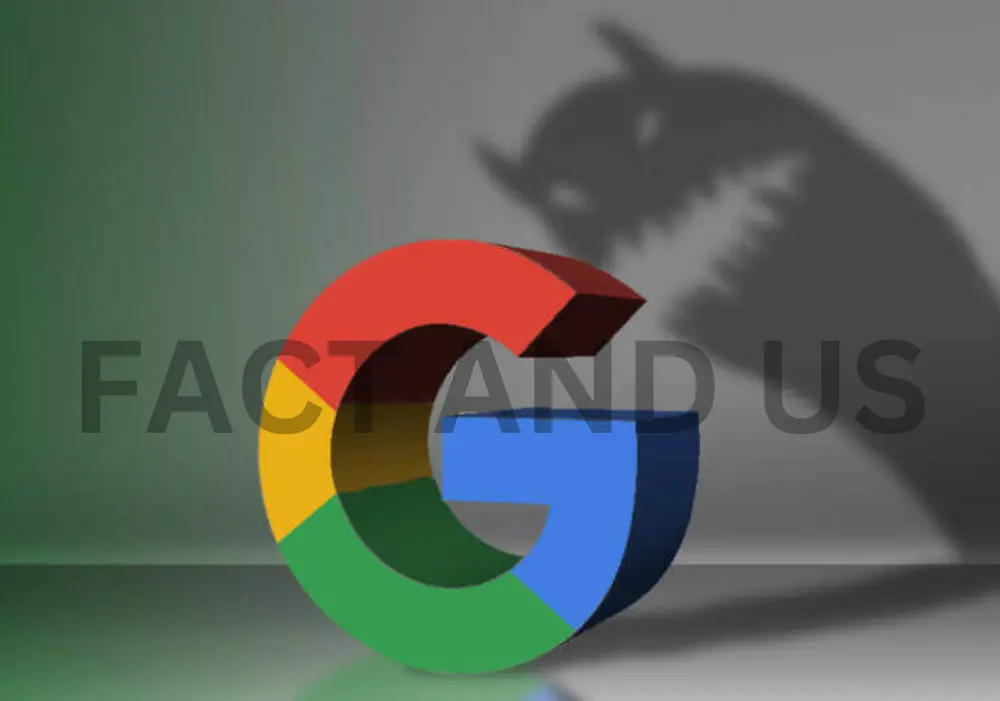KEY POINTS

Google said late Monday it is reversing a long-planned move to ditch third-party cookies — a critical way for advertisers to track consumers’ web activity.
In a blog post, the U.S. internet giant said it will “introduce a new experience in Chrome that lets people make an informed choice that applies across their web browsing.”
CNBC runs through what cookies are and how Google’s decision to keep them will affect the internet and advertising industry moving forward.
Google on Monday said the search company is reversing its plan to phase out the use of third-party cookies in its Chrome browser in favor of a new strategy that will allow people to “make an informed choice that applies across their web browsing. “The about-face was announced in a July 22 blog post from Anthony Chavez, vice president of Privacy Sandbox, a Google initiative created to phase out third-party cookies.

Google first announced plans in 2020 to phase out third-party cookies, data stored in web browsers that allow companies to track users. Among other things, cookies help marketers target ads to specific groups of people, and Google on Monday said that it was reversing course partly after receiving feedback from advertisers. “This feedback has helped us craft solutions that aim to support a competitive and thriving marketplace that works for publishers and advertisers, and encourage the adoption of privacy-enhancing technologies,” Chavez wrote.
He added, “Instead of deprecating third-party cookies, we would introduce a new experience in Chrome that lets people make an informed choice that applies across their web browsing, and they’d be able to adjust that choice at any time.” Google said it will discuss the new approach with government agencies. The proposal needs to be approved by regulators, including in the U.K. and European Union, which had opened investigations into the proposed new practice.

Cookies are small pieces of code that websites deliver to a visitor’s browser. They remain as the person visits other sites. These bits of code silently track our online activities, collecting information on what we’re searching for and the kinds of products we tend to buy, for example. They have become a key way for advertisers to fine tune how they target people with ads online. The practice of using third-party cookies to track web activity has helped fuel much of the digital advertising ecosystem and advertisers remain heavily reliant on cookies as a tool to gather data on their customers.
Roughly 40.9% of websites globally use cookies to gather data on users, according to data from W3Techs, a web technology research firm. “Third-party cookies are the backbone of online behavioral advertising. They are the way that products or brands follow you around online,” Matthew Holman, partner at law firm Cripps, told CNBC. “If you’ve ever wondered how you can search for a new pair of shoes online only to find the same shoes advertised five minutes later on your favourite social media platform, the answer is: third party cookies.”

But cookies aren’t only a method of tracking users’ browsing habits. They also form a key part of how the modern web functions. They play a critical role in keeping a user signed in as they browse from one webpage to another.
What alternatives did Google propose?
Initially, Google sought to introduce an alternative to cookies that was more privacy-focused.
The company launched its “Privacy Sandbox” initiative in 2019 to find a solution that protects user privacy while still allowing content to remain freely available on the open web.
And in 2020, Google said it would end support for those cookies once it figured out a solution that works for users, publishers and advertisers alike. The firm had targeted early 2022 as the year this new alternative would launch.
One of the proposals included the so-called “Federated Learning of Cohorts,” which would essentially place people into groups based on similar browsing behaviors, meaning only “cohort IDs” and not individual user IDs would be targeted.
Stay connected with Fact and US for more such news.
